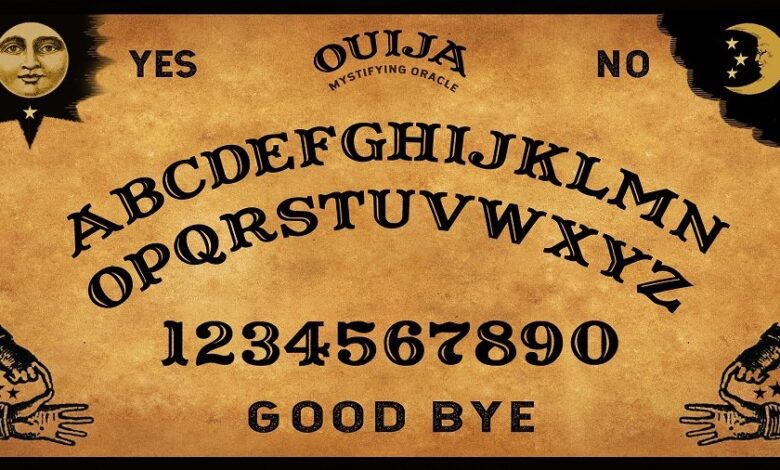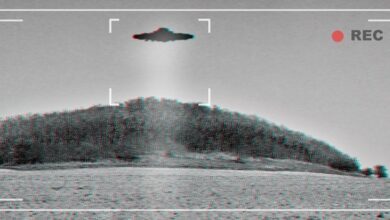Ouija Board Blamed for “28 Possible Cases of Anxiety” Among Students at School in Colombia

Nearly 30 girls in Colombia were taken to the hospital earlier this month after playing with a Ouija board, according to a report from Jam Press.
The students had reportedly suffered anxiety attacks after using the divinatory device at school.
“There were 28 possible cases of anxiety in school students,” said Hugo Torres, head of the Galeras Educational Institution in Galeras, Colombia, where the incident took place.
The girls reportedly suffered from fainting, anxiety, and other symptoms before being admitted to a municipal hospital accompanied by parents and school faculty.
“Given the reported cases, a series of comments were unleashed on the community that, rather than helping to resolve the situation, led to confusion and an adverse environment for our work,” Torres said. “Directors and teachers accompanied the students during the evaluation process. The respective parents and/or guardians were informed of the situation at the time.”
Although information on the girls’ diagnoses has not been released, many parents are blaming the use of Ouija boards in school.
“Parents, you have to move, investigate what’s happening at school because our children cannot continue in this situation,” said one mother who works at the hospital where the girls were admitted and saw several of them arrive. “Our children always have a good breakfast, and it cannot be said that what’s happening is due to lack of food.”
Ouija boards—flat boards with numbers and letters written on them that spell out answers to questions asked by participants according to the location of a planchette held by those participating—are controversial in the paranormal community, with some positing that they act as a sort of “gateway” for dark forces.
Whether or not the students involved in this incident were afflicted by such forces is up for debate.
Skeptics maintain that it is the ideomotor phenomenon—unconscious movements in response to a thought or mental image—that is responsible for any apparent efficacy had by Ouija boards, and that they are no more capable of contacting the dead than any other board game.
This is the second such incident to occur in Colombia within the past six months.
Last November, 11 teens, ranging in age from 13 to 17, were found by teachers after having collapsed in a hallway at Agricultural Technical Institute in Hato, Colombia, following an incident in which they had reportedly used a Ouija board.
Claims of mass possession or affliction by spirits are relatively common, especially in developing countries, and several such incidents have been reported on by the Singular Fortean Society since 2018.
In October of 2019, 20 girls at Fumbisi Senior High and Agric school in the village of Fumbisi in Ghana’s Builsa District collapsed due to the reported presence of a ghost on campus. A similar case was reported in India earlier that year, when at least five girls attending a government high school were reported to be “possessed.” Meanwhile, that same year, inmates at a women’s prison in the Tihar Jail prison complex in India reportedly had repeated encounters with the ghost of a mysterious, wailing woman. And in October of 2018, parents in Peru were concerned that ‘demonic forces’ had possessed their children following an incident at a boarding school involving a ouija board.
These reports are often taken seriously by authorities, and in 2018, Inocencio Pérez, mayor of the northern Colombian city of Pajarito, declared that all minors under 17 years of age be subject to a curfew following a series of what he considers attacks by “evil spirits” invoked using the popular social media application Whatsapp.




